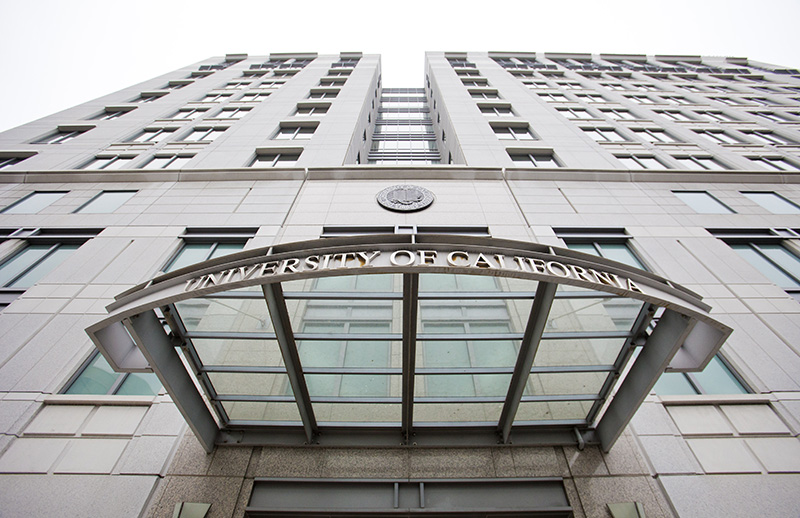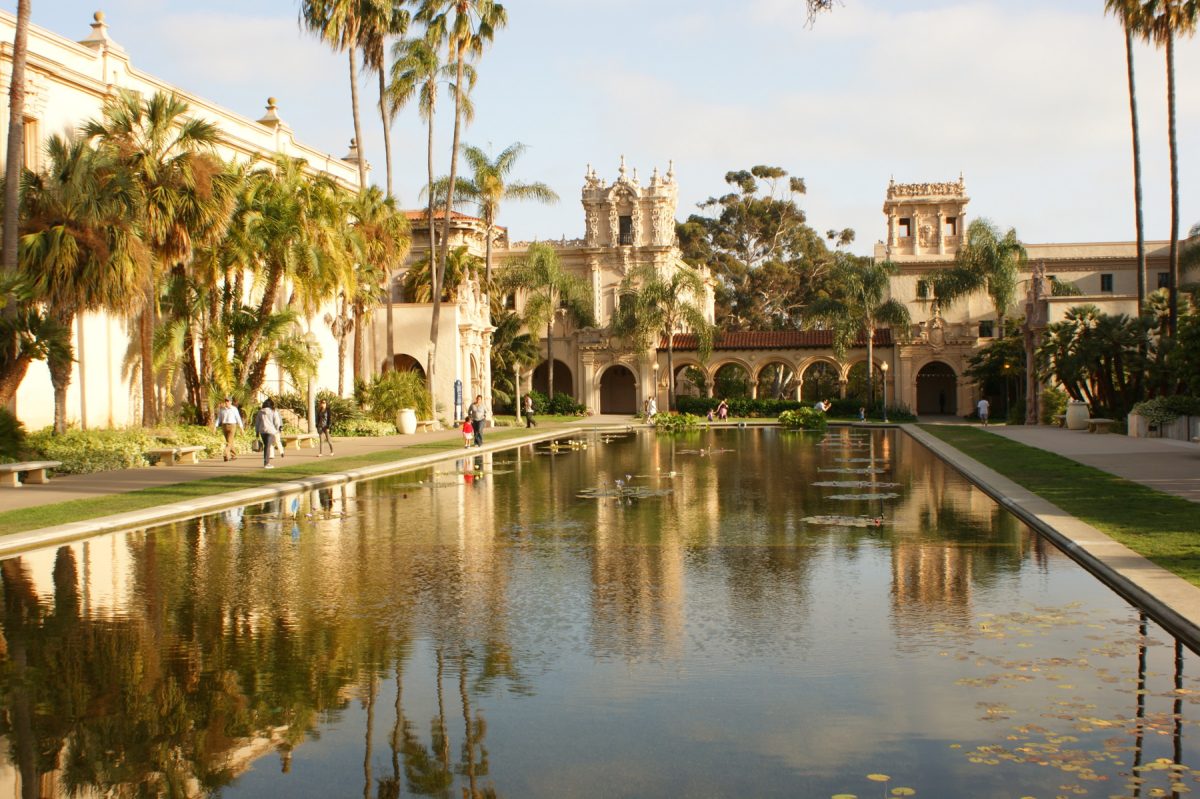UCSD launched the interdisciplinary, campus-wide Deep Decarbonization Initiative in an effort to eliminate carbon emissions, announced UC San Diego News Center on Oct. 13. The movement emphasizes an innovative and collaborative approach by incorporating science, technology, social organization and politics to generate economically feasible ideas. The goal is simplified by the campaign’s tagline, “Getting to zero carbon emissions in the real world.”
Deep decarbonization refers to the process of moving to a global energy economy that emits almost no carbon into the atmosphere, according to UC San Diego News Center. The current global energy economy relies on the combustion of fossil fuels that eject carbon dioxide, which contributes to climate change. Scientists have noted a correlation between accumulation of carbon dioxide and an increase in global temperatures.
George Tynan, associate dean at the Jacobs School of Engineering and professor of mechanical and aerospace engineering, noted the difficulty of reducing carbon levels that a growing fossil fuel-reliant population produces.
“There’s clearly a recognition that the world economy needs to move toward low-carbon and zero-carbon energy sources,” Tynan told UC San Diego News Center. “I don’t think there’s any debate about that. … we have to meet the demands of humanity — to meet the energy demands of 9 or 10 billion human beings — and we have to do so in a way that doesn’t emit carbon at a rate that’s unacceptable.”
As part of the initiative, UCSD offers new grants and courses to further research and awareness of topics such as nuclear power, fusion energy and the financial costs of a greener world, according to The San Diego Union-Tribune. Additionally, research seminars, which began on Sept. 28, are open to faculty members, other scholars and advanced students.
Some affiliated research centers include the Center for Aerosol Impacts on Climate and the Environment, Laboratory on International Law and Regulation, Solar Resource Assessment & Forecasting Laboratory and the Solar Integration Laboratory. School of Global Policy and Strategy professor David G. Victor described the importance of diverse organizations in contributing to the overarching objective of implementing effective decarbonization systems.
“UC San Diego has tremendous technical depth on all aspects of deep decarbonization changes in energy systems, and we also have phenomenal social sciences, economics, political science … that help us understand how society is organized and how society changes,” Victor said in a promotional video. “The initiative’s larger goals are to make progress on actual decarbonization, to help governments and experts understand what really works.”
The Deep Decarbonization Initiative is already in the midst of making notable advancements. According to UC San Diego News Center, researchers at the Center for Energy Research are developing fuel cells, which are devices that produce energy through chemical reactions that result in less pollution than burning coal or gasoline. The Food & Fuel for the 21st Century research unit is developing sustainable solutions for renewable-energy production involving algae. Analysts at Scripps Institution of Oceanography are looking at how collected data on greenhouse gases can verify international commitments to cut down on emissions.








BRYAN HERRING • Oct 27, 2016 at 12:33 pm
It doesn’t seem like san diego or CA have studied the lessons of Germany and Denmark, which are scaling back massive investments in solar and wind because of high costs and because their grids can’t handle intermittent surges at low demand periods, so they have to pay other countries to take their surplus.
Arizona gets paid by CA rate payers to take surplus electricity at low demand, the more solar CA produces, the more CA pays AZ to accept that surplus power. https://www.marketplace.org/2016/06/07/world/excess-solar-power-ca-pay-arizona-take-it